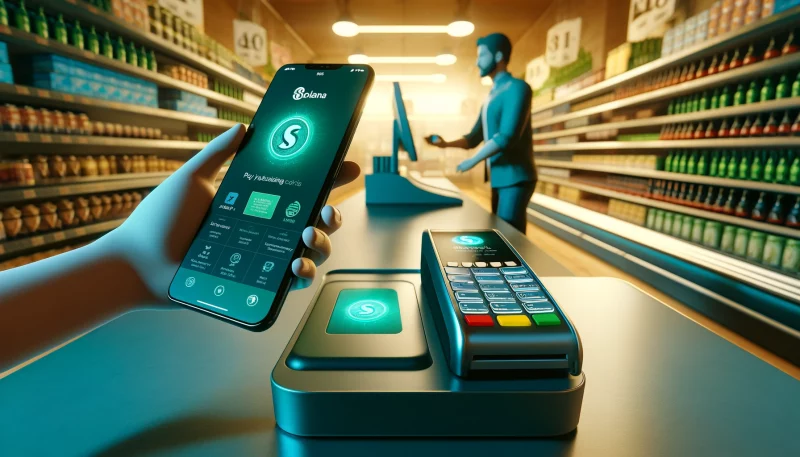
PayPal chooses Solana to expand PYUSD stablecoin beyond Ethereum
The integration aims to enable users to perform transactions at a lower cost and focus the use of PYUSD as a payment method for day to day purchases
PayPal has announced that it has chosen the Solana blockchain to expand its stablecoin, PayPal USD (PYUSD), marking the company’s first move beyond the Ethereum ecosystem.
This integration aims to enable users to perform transactions at a lower cost and focus the use of PYUSD as a payment method for day to day purchases. The announcement comes as Solana’s SOL token moves in as the fifth largest crypto by market capitalization, with estimates from Franklin Templeton suggesting that Solana is positioned to become the third major crypto asset after Bitcoin and Ethereum.
Jose Fernandez da Ponte, Senior VP of PayPal’s blockchain division, claims that the integration with Solana’s blockchain for PYUSD would provide “a fast, easy, and inexpensive payment method” to enhance consumer and merchant experiences across a growing digital economy.
Solana’s blockchain technology touts 65,000 transactions per second at costs as low as $0.0025. Compared to Ethereum, which can handle roughly 15 transactions per second at fees ranging from $1 to $50 (during peak congestion, with maximal gas fees). CoinGecko recently published a study claiming that Solana’s average TPS is 46 times faster than Ethereum.
This means that based on these numbers, transactions on Solana can be completed in less than a minute, whereas the same transfer on Ethereum could take several minutes. Notably, Solana’s use as a network for stablecoin transfers has surged over the past year, according to a study conducted by Artemis.
According to PayPal, their users will join Venmo wallet users in a chain-agnostic experience for PYUSD, which means their stablecoin balances will be unified regardless of the network where the assets are held. This seamless integration ensures that users could easily manage their stablecoin funds without worrying about the underlying blockchain infrastructure.
Despite its advantages, the Solana blockchain faces challenges, primarily related to recurring network outages. The most recent incident occurred earlier in February, when transactions were down for nearly five hours. To address these issues and improve Solana’s overall reliability and scalability, an upgrade called Firedancer is scheduled for release in the coming months.

 Earn with Nexo
Earn with Nexo